Cuban cigars are, without question, some of the finest cigars made anywhere in the world, and have been for centuries. La República de Cuba is considered the epicenter of the cigar world and for good reason. They grow and cultivate some of the best tobacco on earth and for generations have developed a vast knowledge in the areas associated with the curing, cutting and rolling of it. According to the experts, Cuba’s Vuelta Abajo region is widely considered to be where the best tobacco on earth is grown. Despite this, a problem exists within the Cuban cigar industry in regards to quality control, and it is no doubt a pesky problem that has existed for decades.
Habanos S.A. and State Control of Tobacco
A command economy is one that production, investment, prices and incomes are determined centrally by a government. Being a communist nation, Cuba’s entire industry is state-controlled with a likely portion of its bureaucrats being individuals who may not even enjoy and/or appreciate a cigar in the first place. In addition to this, there is also very little incentive for any innovation or excellence under this model. After Fidel Castro’s revolution, the industry was nationalized and consolidated. Most of Cuba’s existing factories were shut down as the equipment moved to new, bigger factories situated in its capital of Havana. When it comes to tobacco, Habanos S.A. is the state-governed company which oversees all production and distribution throughout Cuba and the rest of the world. Post-revolution, Habanos inherited many major cigar brands that are still famous today, such as Partagas, Cohiba, Montecristo and H. Upmann to mention a few.
The Cigar Rollers
When it comes to cigar rolling under Habanos, the many rollers within the handful of factories that produce all-Cuban cigars are indeed highly skilled rollers who sadly seem to have little incentive to strive for perfection in their work from one day to the next. The easiest way to tell the difference between a Cuban and a non-Cuban cigar is to smoke through a box of each. If they all smoke right then they are likely not Cuban cigars.
When it comes to cigar rolling under Habanos, the many rollers within the handful of factories that produce the all-Cuban cigars are indeed highly skilled rollers who sadly seem to have little incentive to strive for perfection in their work from one day to the next.”

Cubans celebrate their storied cigar culture
In a box of ten sticks from Cuba, you’re likely to get one cigar that is either plugged or an absolute windsock. Though I’m certain that the rollers at the factories do have random cigars checked for being of correct ring gauge (cigar diameter) and cigar length on a big board with holes cut into it, I am however, uncertain how often one of these rolled cigars are dissected or test-smoked to determine whether its internal contents have been constructed correctly.
The Cuban cigar industry simply seems to have very little accountability with their production, and this isn’t strictly a standard model problem either. In my years, I have even smoked numerous poorly constructed Edición Limitada (limited edition) cigars: ultra-premium cigars which one would figure they would assign only their finest rollers to make.
A Proposition
Within a communist system, all workers receive equal pay and are of thought of as equal cogs in a big machine of progress. Thus, singling out a particular individual is often frowned upon. When it comes to a solution to this ongoing quality problem, cigar enthusiasts like myself have been forever clambering on about changing the current system that sees random cigars from different rollers put into the same box, and instead suggests to put all cigars made by a particular roller into the same box. Though I am not suggesting that each roller should put their name each finished box, I am however suggesting that they should each have their own individual number stamped on the boxes, which would greatly assist consumers in determining the potential quality to be found inside. This idea is far from revolutionary, as currently many other industries have inspectors who will leave a mark or tag a finished product to assist in strengthening the overall quality of output.
Believe me, when you fall upon a properly rolled Cuban cigar, it can be a magical experience. With most Cuban tobacco being grown in some of the most fertile, lithium-rich soil on earth, the end result is still usually very rewarding. You also however, frequently roll the dice on winding up smoking an absolute dud of a cigar. Despite this, I will continue to smoke Cuban cigars with the knowledge that though each time is a small gamble, I still like my odds.
-Sean Douglass
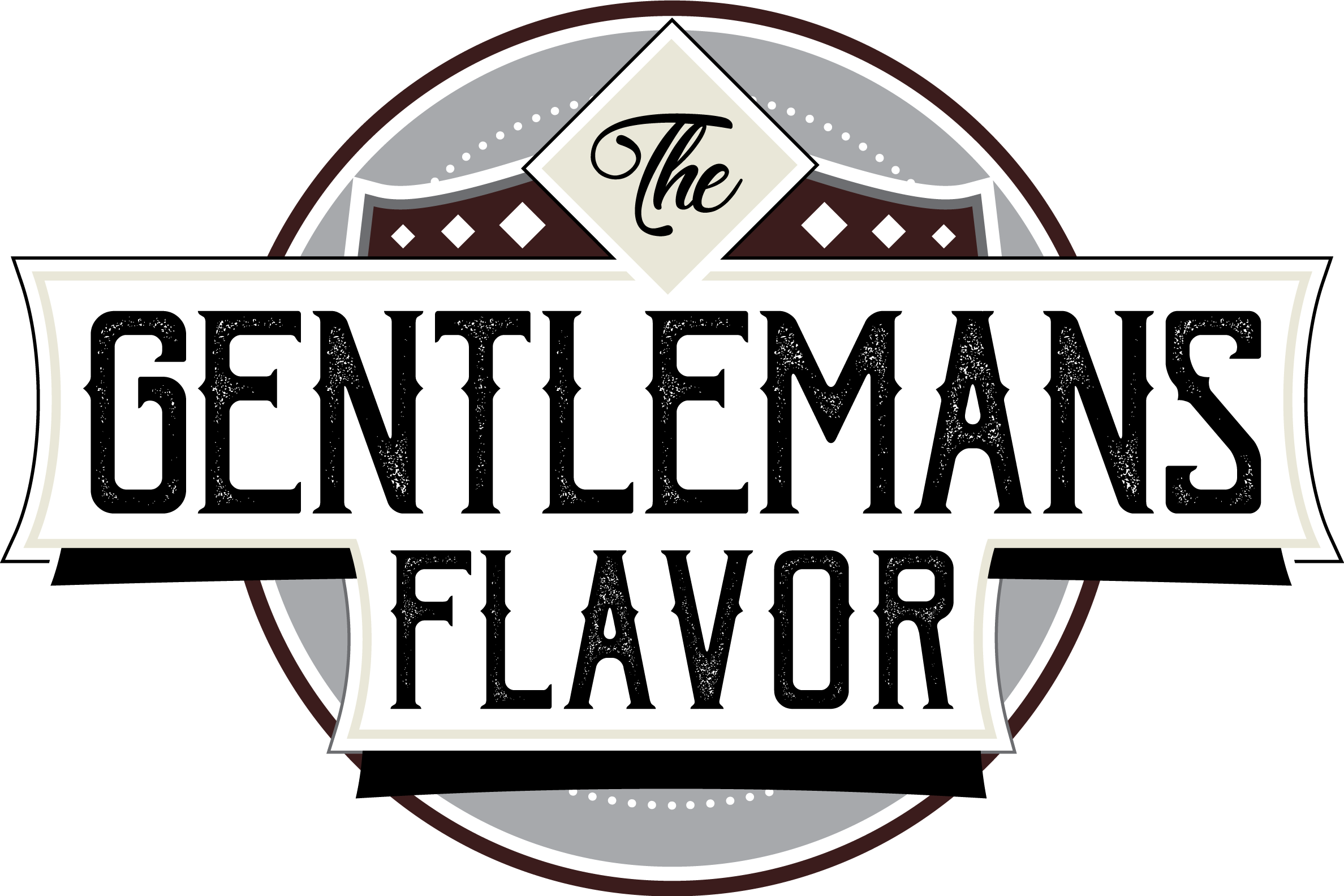


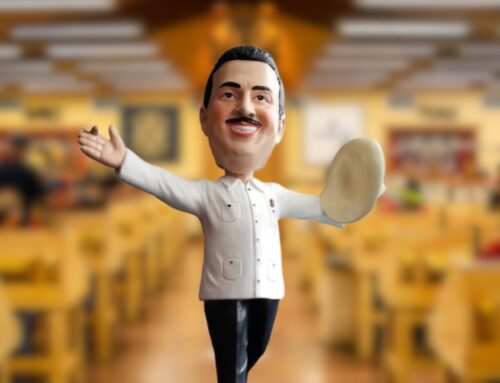
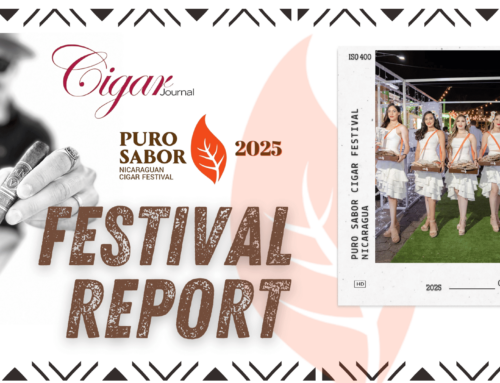
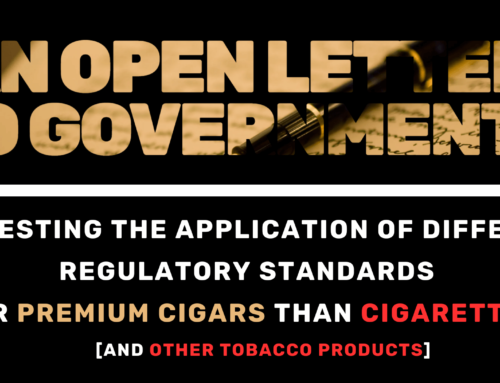
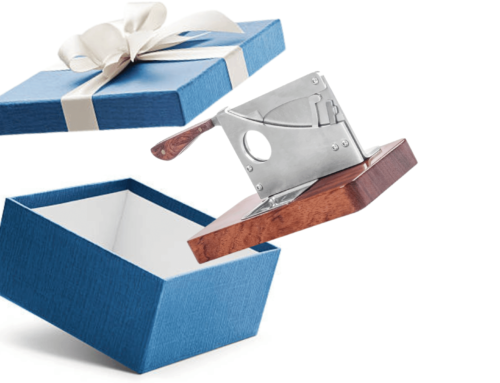

This article clearly beautifies qualities of a Cuban cigar by comparing all its top notch features with non-Cuban cigars.